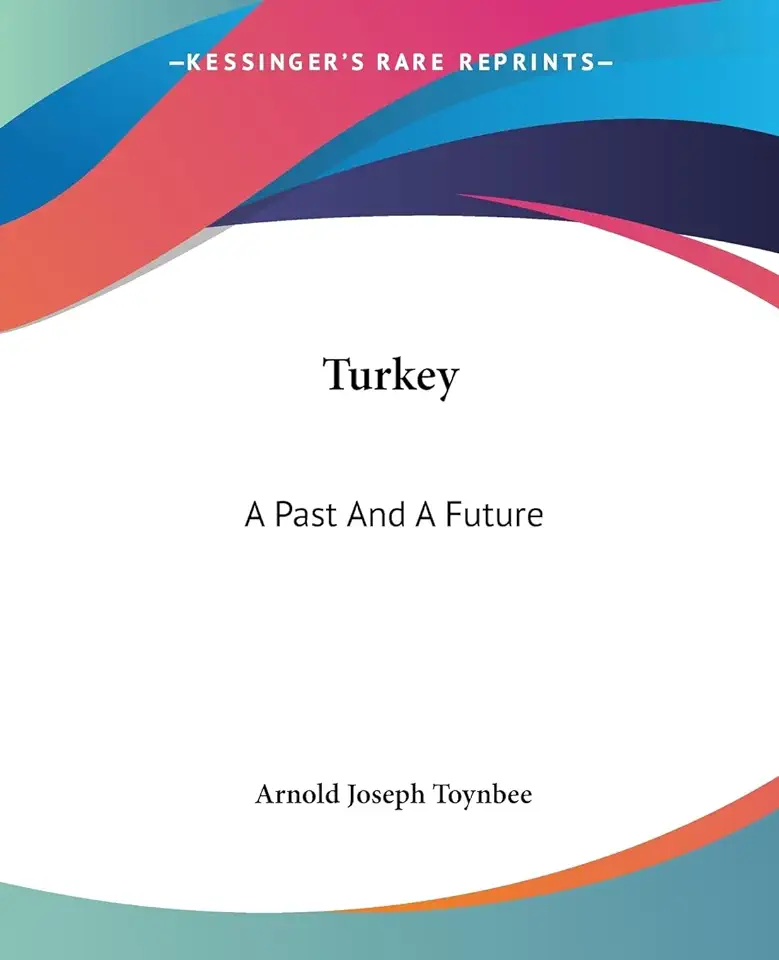
A Study of History
A Study of History: A Masterpiece of Historical Analysis
Introduction
In his monumental work, "A Study of History," renowned historian Arnold J. Toynbee embarks on an ambitious journey to unravel the patterns and dynamics that shape the rise and fall of civilizations. With meticulous research and profound insights, Toynbee presents a comprehensive analysis of human history, offering a unique perspective that challenges conventional narratives and encourages readers to think critically about the forces that drive societal change.
Civilizations: The Building Blocks of History
Toynbee argues that civilizations are the primary units of historical analysis, rather than nations or states. He defines a civilization as a cultural entity characterized by shared values, beliefs, and institutions that distinguish it from other societies. Toynbee identifies 21 major civilizations throughout history, each with its own unique trajectory and contributions to human progress.
The Challenge-and-Response Model
Central to Toynbee's theory is the concept of the challenge-and-response model. He posits that civilizations thrive when they successfully respond to external challenges, such as environmental changes, invasions, or social conflicts. These challenges act as catalysts for innovation, adaptation, and growth. However, when civilizations fail to meet these challenges, they decline and eventually disintegrate.
The Role of Religion and Culture
Toynbee emphasizes the profound influence of religion and culture on the development of civilizations. He argues that religious beliefs and cultural values provide the moral and spiritual foundations that shape societal behavior and institutions. Toynbee explores the interplay between religion, culture, and politics, highlighting their impact on the rise and fall of civilizations.
The Universal State and the Breakdown of Civilizations
As civilizations mature, they often evolve into universal states, characterized by centralized authority and territorial expansion. While universal states can bring about peace and stability, they also carry the seeds of their own destruction. Toynbee argues that the very success of universal states can lead to complacency, rigidity, and a loss of creativity, ultimately leading to their downfall.
The Future of Civilization
Toynbee concludes his study by contemplating the future of civilization. He warns against the dangers of nationalism, materialism, and the erosion of traditional values. He calls for a renewed focus on spiritual and moral development, arguing that the survival and progress of civilization depend on humanity's ability to transcend its destructive tendencies and embrace a more harmonious and sustainable way of life.
Conclusion
"A Study of History" is a monumental work that offers a profound and thought-provoking analysis of human history. Toynbee's comprehensive approach, insightful theories, and wealth of historical knowledge make this book an essential read for anyone interested in understanding the dynamics of civilizations and the forces that shape our world. With its captivating narrative and profound insights, "A Study of History" is a masterpiece that will leave a lasting impact on readers long after they finish its pages.
Enjoyed the summary? Discover all the details and take your reading to the next level — [click here to view the book on Amazon!]